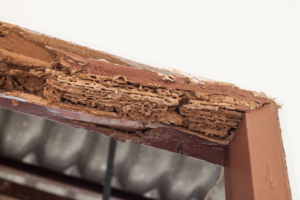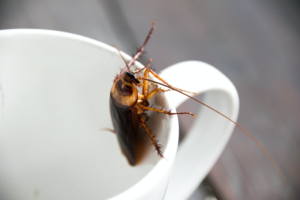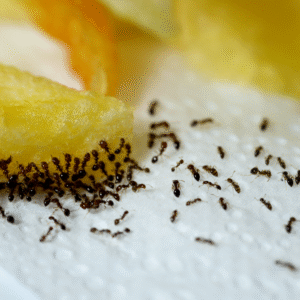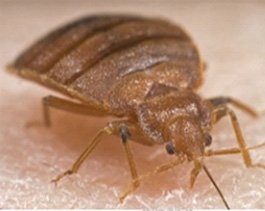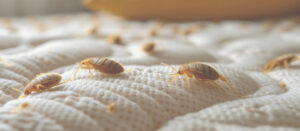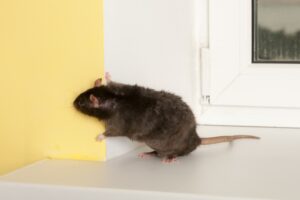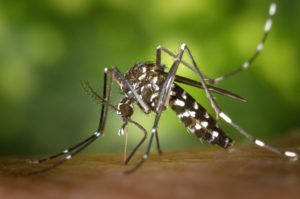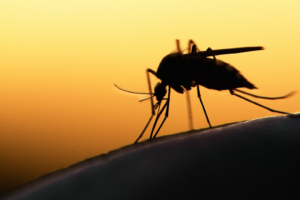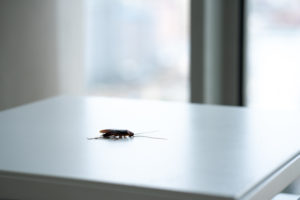
3 Reasons Why You Need Winter Pest Management
Winter is upon us, and pest control is probably the last thing on your mind. After all, the cold weather means fewer bugs and pests are out there, right? Though you notice fewer pests in the winter months, they’re not

